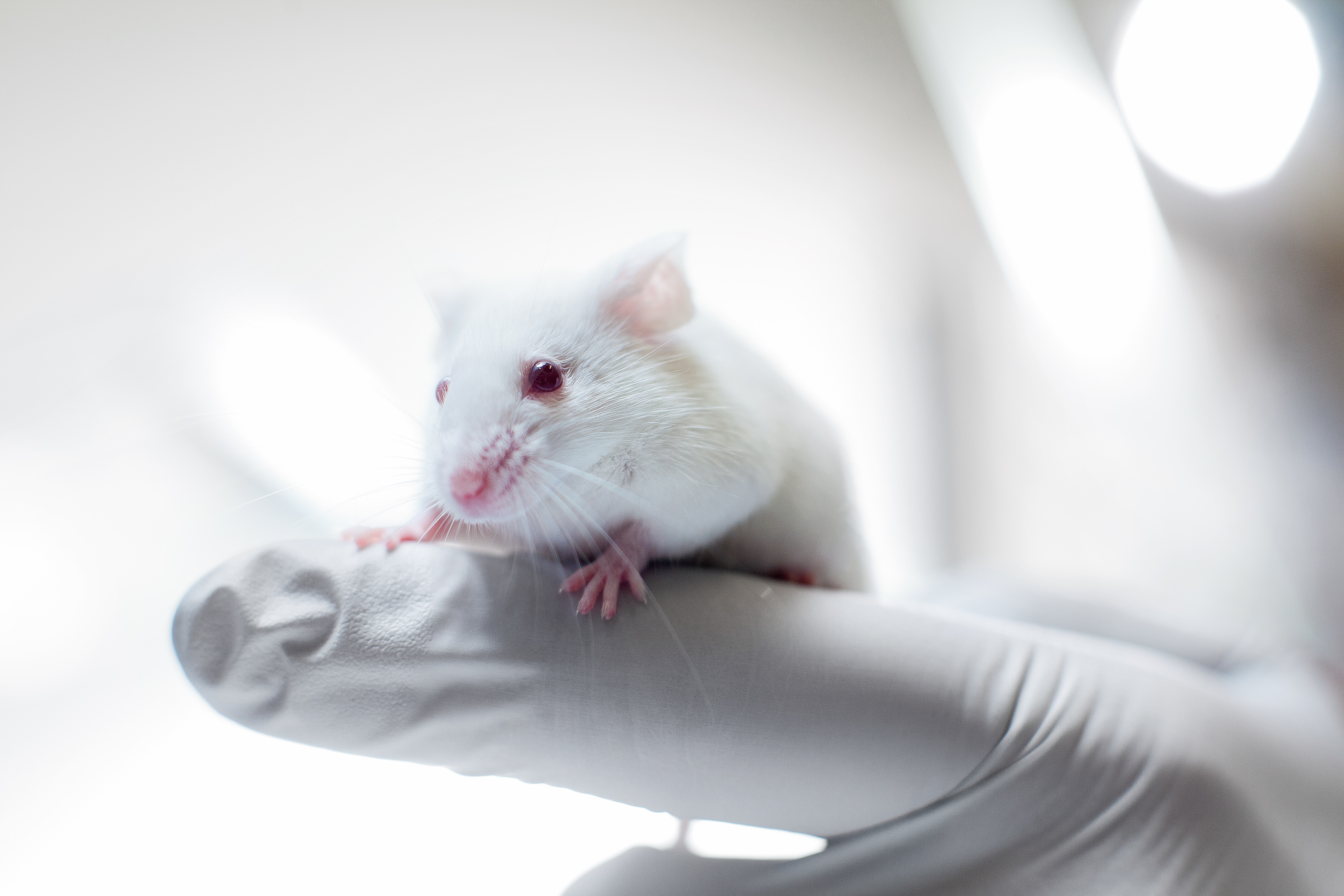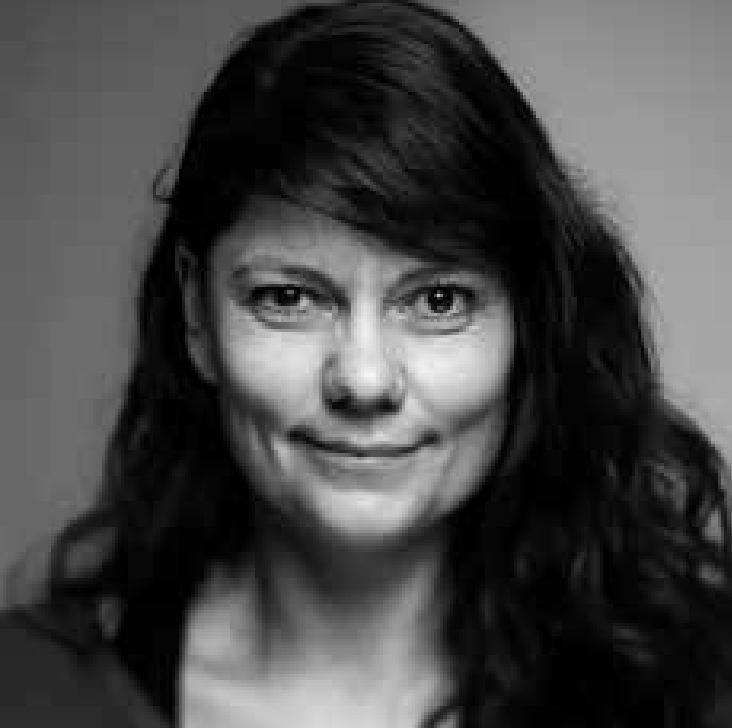Nothing can substitute for the complex functions of a living organism, yet. Although, we already know much about cells and organs, there is still a tremendous amount of information we do not have yet. That's why mammalian models such as pigs, dogs, and non-human primates, are used in cancer research, in addition to some non-mammalian models including drosophila and zebrafish. The biological similarity of animal models to humans allows us to explore biological processes in cancer. In the NKI we primarily use rodent models, specifically mice and rats. Interactions between different parts of the organism and side effects in other body parts can be studied and understood in this way. Without animal research, critical advancements in cancer treatments like immunotherapy, or cell therapy would not have been possible. We also acquire knowledge on how cancer cells develop in living organs and metastasize to other body parts. This knowledge can help researchers develop new treatments.
Whenever we can, we use and are legally obliged to use non-animal methods. The researchers at the NKI are at the forefront of the development of non-animal methods such as organoids, organ-on-a-chip and other in vitro models as well as computer simulation and data mining.
Our state-of-the-art animal center is housed in an 8,000 square meter building, established in 2013 and fully operational since 2016. The LAC is equipped with cutting-edge technology and adheres to the highest standards of animal care and welfare.
The heart of our center lies in its maximum capacity of 21,000 individually ventilated cages (IVCs). These specialized cages provide a comfortable and controlled environment for our animal models. Whether it’s wild-type mice or genetically engineered rats, we ensure their well-being through meticulous care.
The LAC isn’t just an internal resource. We proudly offer in-vivo services to 200 NKI researchers. Additionally, we collaborate with a growing number of academic and industrial partners in the Netherlands and abroad. Our commitment extends beyond our walls, impacting cancer research globally.
Head of Animal Center ad interim: Marieke van de Ven
Team Leaders: Our dedicated team of 25 certified animal caretakers ensures the highest standards of animal welfare.




